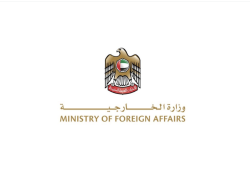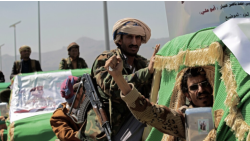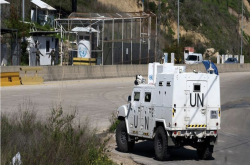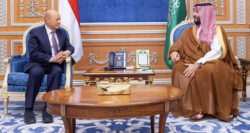The Middle East: Contending hegemons
- 2019-02-09 22:42:39


 Pierre Rayer: Art, Science, and Happiness: The Universal Mission of Transmission to Future Generations through Patronage at the Louvre Abu Dhabi
Pierre Rayer: Art, Science, and Happiness: The Universal Mission of Transmission to Future Generations through Patronage at the Louvre Abu Dhabi Ahly crowned Super champions after dramatic extra-time win over Modern Future FC
Ahly crowned Super champions after dramatic extra-time win over Modern Future FC Yemeni Honey..A Development Wealth Threatened By Conflict And Climate Change
Yemeni Honey..A Development Wealth Threatened By Conflict And Climate Change California wildfires: Millions warned of possible power cut
California wildfires: Millions warned of possible power cut Central African rebels launch attacks near capital
Central African rebels launch attacks near capital Reports Claim Hamas Building Overseas Weapons Pipeline as US Mulls Postponing Disarmament
Reports Claim Hamas Building Overseas Weapons Pipeline as US Mulls Postponing Disarmament UAE Strongly Condemns Israeli Stormings and Violations in Al-Aqsa Mosque and West Bank
UAE Strongly Condemns Israeli Stormings and Violations in Al-Aqsa Mosque and West Bank Yemen : Houthis Reject UN Sanctions Extension ,Refuse Cooperation with Expert Panel
Yemen : Houthis Reject UN Sanctions Extension ,Refuse Cooperation with Expert Panel Israeli army fires on UN peacekeepers in southern Lebanon
Israeli army fires on UN peacekeepers in southern Lebanon Saudi Arabia Pledges $90 Million in New Aid to Yemen: Reuters
Saudi Arabia Pledges $90 Million in New Aid to Yemen: Reuters
